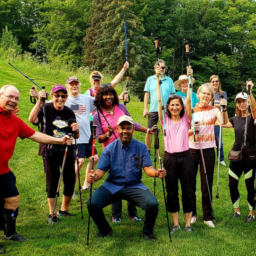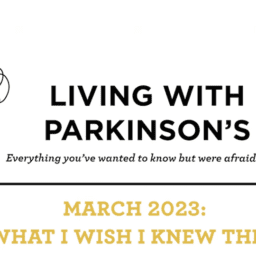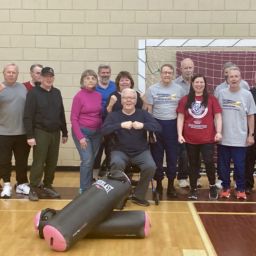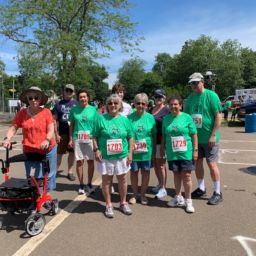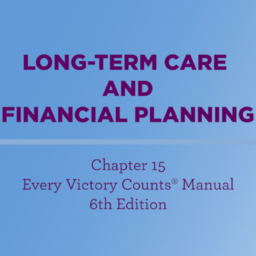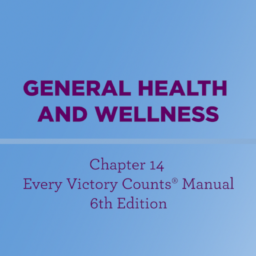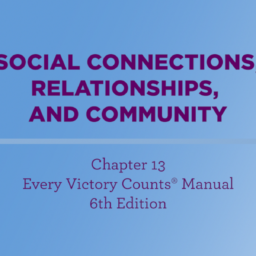Designed to complement the sixth edition of the Every Victory Counts® manual and the Every Victory Counts Manual for Care Partners while also being useful on their own, our new Parkinson’s discussion guides focus on some of the primary aspects of living well with Parkinson’s, from reframing your mindset and managing symptoms to surgical treatments, complementary therapies, exercise, and social connection.
Each guide includes recommendations on ways to use it, how to facilitate group discussions, and how to ensure difficult conversations encourage and welcome many points of view. Then, each includes a guide much like a book–group guide, with questions about the topic, potential talking points, potential points of contention and disagreement, and more. Finally, each guide ends with a reflection activity and call to action for the group.
These guides are designed to be used by anyone who leads a Parkinson’s support group, care partner meetup, community group, or similar get-together. They can also be used by someone who participates in a regular (non-Parkinson’s related) book club or other social group.
So, how do you use them? It’s entirely up to you!
What’s Included in the Guides
Download the Discussion Guides
Click here to complete the form to access the discussion guides, and let us know how you’re using them at blog@dpf.org!
Thank you to our Discussion Guides Sponsor








